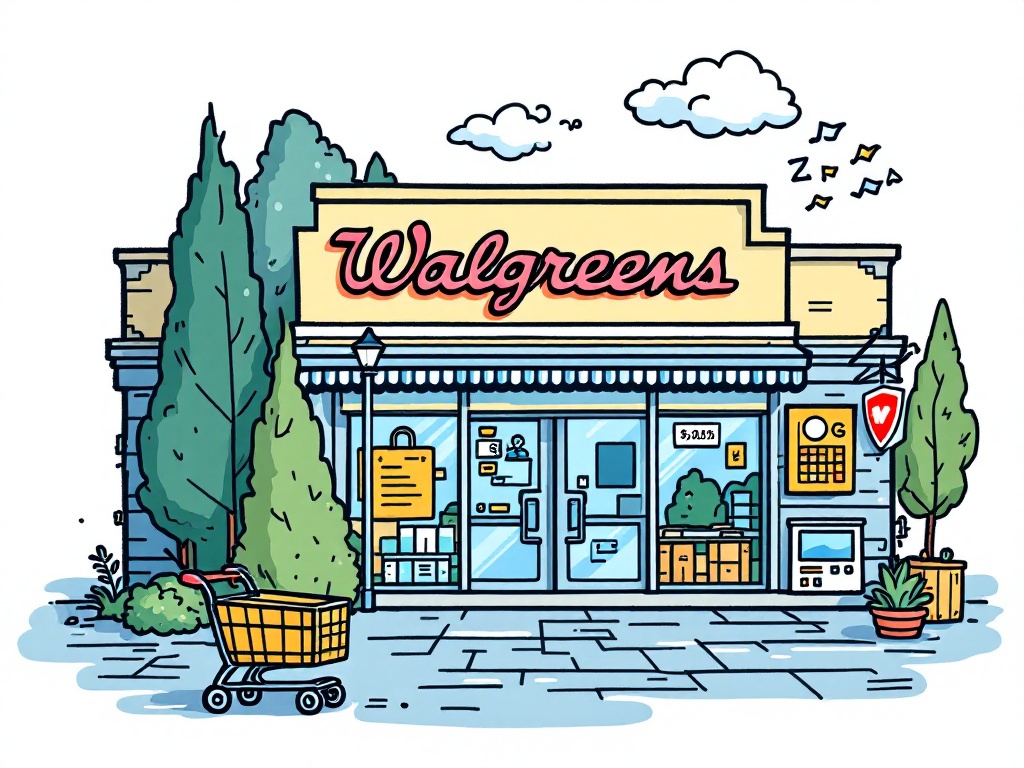Walgreens Faces Scrutiny Over Data Privacy Issue Involving Google

California, Thursday, 24 April 2025.
Blue Shield of California shared health data of 4.7 million patients with Google from 2021 to 2024, leading to severe privacy concerns and potential HIPAA violations.
Data Sharing and Security Breach Details
The data breach reported by Blue Shield of California involved the sharing of 4.7 million patients’ health information with Google over a period extending from April 2021 to January 2024. This breach was publicly disclosed on April 9, 2025, affecting nearly all 4.8 million members of Blue Shield at the time [1][2]. The breach emanated from the use of Google Analytics, which inadvertently transmitted sensitive personal and health data to Google Ads due to a misconfiguration [2].
Reactions and Industry Implications
The incident has sparked a broader discourse on data privacy, as it is potentially the largest healthcare-related data breach of 2025, underscoring the necessity for stringent protections [1]. Blue Shield’s handling of health information without proper safeguards invites accusations of HIPAA violations. Industry experts suggest that similar breaches involving healthcare providers and technology companies could become more common, highlighting systemic vulnerabilities in health data management [1][2].
Actions Taken and Future Outlook
Blue Shield has ended its engagement with Google Analytics as of January 2024 and no longer shares health data with the platform, following a review of its security protocols. The company is currently notifying all affected individuals, with ongoing efforts to improve its data protection strategies [2]. Regulatory bodies may impose stricter compliance measures, and the incident emphasizes the need for healthcare companies to evaluate their data sharing practices closely to prevent similar occurrences [1][2].
Broader Data Privacy Context
In light of this breach, consumers are advised to monitor for potential insurance fraud resulting from unauthorized data usage [2]. This event is part of a larger pattern where digital platforms, including hospitals and insurance providers, face challenges in balancing data analytics benefits with privacy rights, as indicated by recent advisories issued by the Department of Health and Human Services [2].